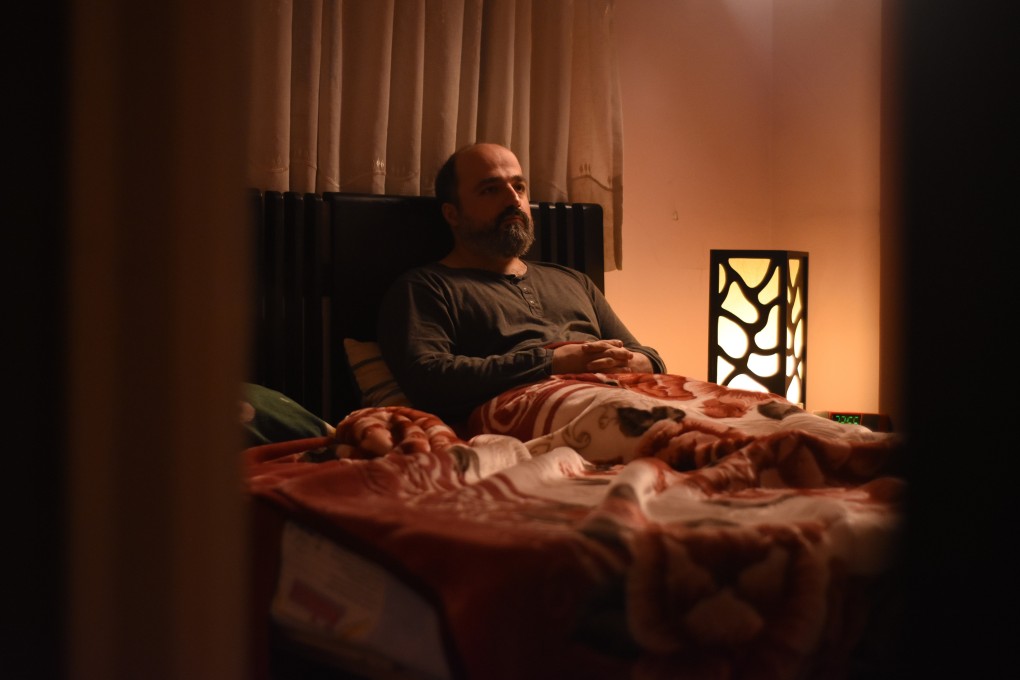Review | There Is No Evil movie review: Iranian death-penalty drama considers impact on the executioners
- In four loosely connected vignettes, Mohammad Rasoulof, who was previously jailed, examines the impact of the death penalty on those who administer it in Iran
- Like Krzysztof Kieslowski’s Three Colours: Red, the final section draws together what’s gone before, narratively and thematically

4/5 stars
In 2017, Iranian director Mohammad Rasoulof returned home after the Cannes Film Festival premiere of his movie A Man of Integrity. Not only was he sentenced by the authorities to one year in prison, but he was banned from filmmaking for life.
Some may have wilted under such conditions, but not Rasoulof. His new film, There Is No Evil, the making of which risked incurring further punishment for ignoring the ban, strongly critiques the government that imprisoned him.
Think of it as a series of four loosely connected vignettes that switches gears and genres over its two-and-a-half-hour running time but rarely stumbles.
The first 30 minutes could be an entirely different film, as middle-aged family man Heshmat (Ehsan Mirhosseini) goes about his business, taking his daughter to the supermarket and tending to his aged mother.